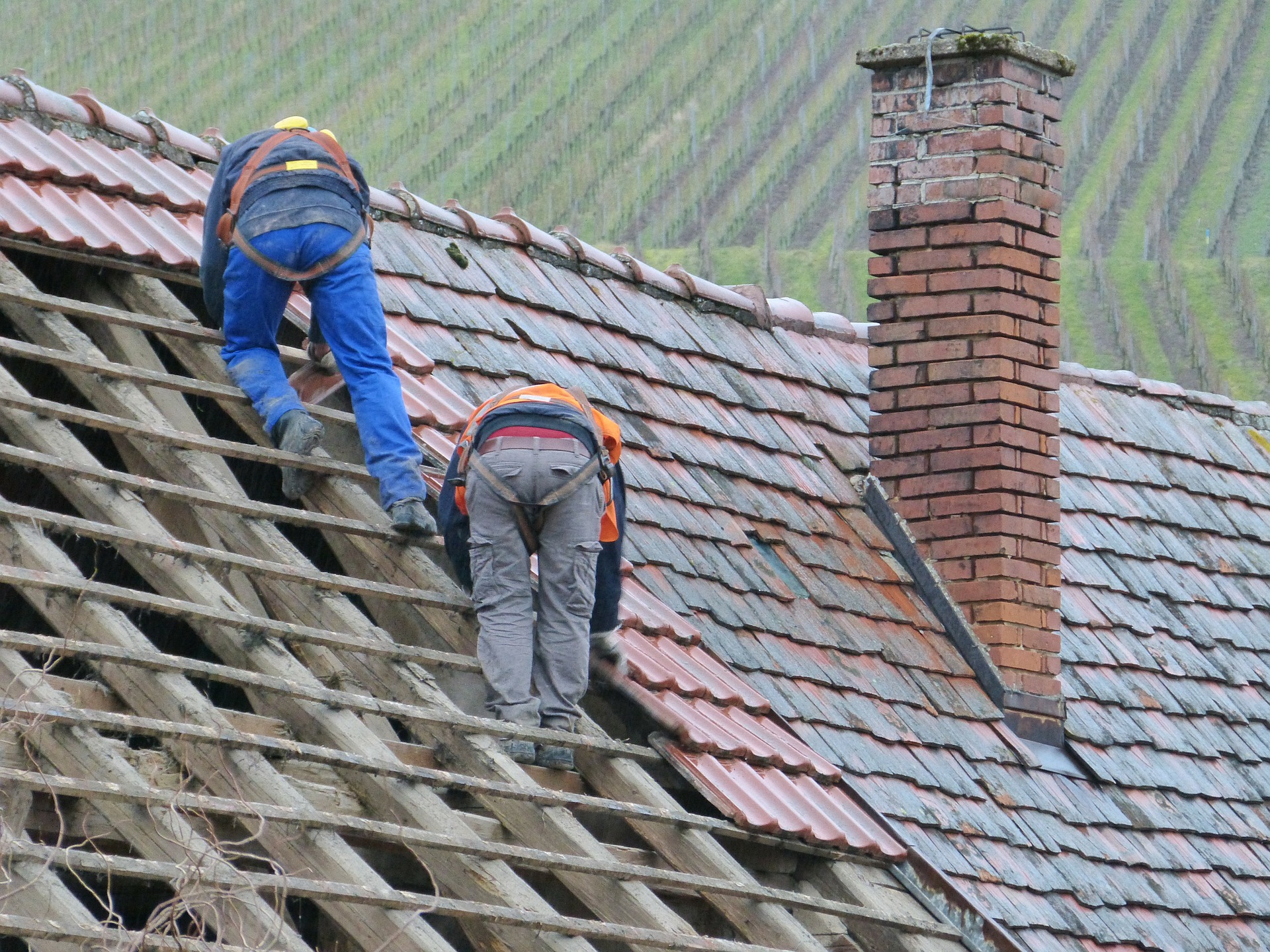A new house can be purchased for significant purposes, including a lifestyle upgrade, enhanced safety, investment, retirement living, and several others. Hence this property should be bought with a thorough inspection and scrutinizing. An assessment before purchasing a house is usually conducted by home inspectors and helps you feel rest assured. However, even they can leave out important details and may only give you a report on the main systems of the house.
Before rejoicing landing on your perfect home, and getting the best price under your budget from potential homes for sale, ensure that you won’t have to pull more out of the pocket for home improvement. Hence, get your studying mindset to check every nook and corner of the future house and get the upgrades done before moving in. If you’re unsure where to start, the following tips can help you along the way:
Do Your Homework Before the Inspector
It’s important that you have done your part in the inspection to report to the inspectors to correct the faults. If they conduct the inspection before, you might not be able to ask for more repairs afterward. Moreover, getting an inspection done on your own will help you get ready for asking the right questions and request the inspectors to get things fixed wherever you seem to find something odd or not quite in place. Take notes and picture proof all the things that look out of place and covered up spots to show to the inspecting team later.
Check All Levels for Flooring Issues
Home inspectors do check for issues with flooring by looking out for wood-eating insects and other problems like mold. Problems with flooring that make it rust away can cause it to become weak and dangerous. If it’s an old house, it’s important to double-check the flooring on all levels, including the attic, to avoid any accidents and smell problems in the abode. Be sure to check under surfaces and concealed flooring for bad odors or loose wood. If you sense something wrong, make sure to take note and inform the inspectors to review.
Inspect the Plumbing
Sufficient water pressure in the taps and fast drainage are some of the basic needs of a house. And they should be checked before anything else to make sure that the plumbing isn’t too old or too damaged to be ever be fixed. However, you can’t get down in the basement and check the pipes yourself. But you can always check all the taps and drains in the house to get an idea of how effective the plumbing works, and if any problems, ask the inspectors to analyze. Inspectors do the rest. You can also ask them to check and inform you of the main points of water coming in and moving out of the facility so that you can keep checking up on them as you start living in the house.
Scrutinize Overall HVAC
Heating, ventilation, and air conditioning (HVAC) are included in every house and require regular maintenance to keep the home healthy for the residents to live a breath in. Hence inspectors check these appliances and test the systems by running them. They can give a report on its wellbeing for the time it’s run and checked. However, better results can be gathered with the inspection of HVAC professionals themselves as to how long the system will work and how much damage it has picked up on in the years it was used.
Check Electricity System
Another important system in housing is the proper delivery of electricity in every room and hall. Test out the switches and take note of the ones that need to be replaced. Check out the wiring and the switchboard to identify problems, if any. See if the electricity system isn’t too old with wires bulging out of everywhere and uncovered. If the cables are ungrounded, ensure to get them fixed and concealed as they can cause shock or spark and haywire to cause outages.
Identify Roof Problems
The most overlooked space by buyers when conducting house inspections is the roof. However, this is the part that receives the most damage and dirt. The rooftop needs repair and replacement in a few years, but if it isn’t, it can suffer from stains and moss and even missing tiles which pose a threat to the interior of the house. Ask the previous residents of the house how they took care of the roof and how old it is. Lift some tiles and check if you find moss or some bad stains.
Look for Concealed Evidence
Some home sellers or agents get a little clever and may try to hide inconsistencies like torn wallpaper, chipped paint with fresh coats of paint, hanging up framed pictures, etc. If you see surfaces that have been freshly painted or parts of the wall covered with paint, ensure to inspect or ask the inspectors to do so. Ask the professionals to take a look for you and see if they are actual cover-ups or the seller is indeed a good person who cares about the interior being perfect for your move.
Examine the Flow of Water Outside
Water getting trapped inside the ground in the drainage can lead to problems in the foundation and the walls. It can cause the inside of the home to suffer from mold and mildew growing inside the walls and weaken them. The presence of water staying within the building and damaging the wall can be found out with a bad smell that can be felt outside of the house as well. You can walk around the backyard area and check if there is water standing around and the same smell from the inside of the house. Do the same with the basement. Then request the inspectors to do a thorough check between the walls and in flooring to check for water damage and the drainage system to see if it is performing well or not.









